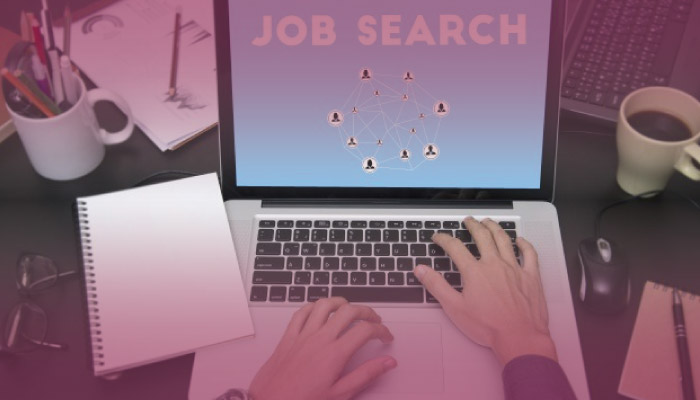
While September saw the UK's economy bounce back from recession with record growth of 15.5%, the reintroduction of lockdown measures is already having an impact. Figures released last Tuesday show the unemployment rate has risen to 4.8%, the largest increase since May 2009.
With nearly half of all businesses (49%) experiencing a drop-in turnover, there have been more redundancies as businesses look to make permanent changes. The sharpest falls in turnover were seen in the accommodation and food industry at 72%; the arts, entertainment and recreation industry at 69%; and the private/higher education industry 57%. Wholesale and retail were up by 16% however, and legal also experienced some uplift.
Despite rising unemployment, the number of job adverts posted has risen to levels pre lockdown, according to the REC. There were 1.36 million active UK job adverts in the first week of November, with substantial increases in vacancies for food and drink operatives, large goods vehicle drivers, carpenters and joiners. However, there were strong regional disparities, with the north-west leading the recovery and London – with high numbers of staff on furlough - lagging behind. Overall hiring remains at around 70% of the 2019 average. For more news on firms that are currently hiring see here.
As Covid-19 cases surge, there were more adverts for jobs in nursing than any other sector, with 112,149 active job postings - an increase of 39% since March. Give the urgent demand, the PM is under pressure to bring forward the NHS pay rise under the Agenda for Change. 14 health unions have signed a letter to Johnson, setting out how a pay rise before Christmas would safeguard NHS recruitment as staff face a tough few months ahead.
Extensions to the furlough scheme and more help for the self-employed have been announced in order to protect jobs through the winter. However, there are still concerns about the number of self-employed who won’t receive much help. As the combined impact of Covid-19, IR35 reform and Brexit look set to create mass uncertainty, economists have predicted that access to a flexible independent workforce is key. Yet many in this sector feel let down by government policy.
Sarah Hewin, chief economist at Standard Chartered bank, said there was particular uncertainty about the first three months of 2021 after the Brexit transition period comes to an end. Last week saw the defeat of the Internal Market Bill in the House of Lords by an overwhelming majority. The bill attempted to introduce a provision for overruling international law. The government remains adamant that this is necessary in order to protect internal trade and will seek to reintroduce the bill in Commons.
In more promising news, a major trial of a Covid-19 vaccine has launched in the UK. Designed by the Belgian company Janssen, the jab uses a genetically modified common cold virus to train the immune system. Although it could take six to nine months before the results are available, it’s one of several vaccines under development that could provide some light on the horizon.
With a second lockdown underway, the prolonged effects of the pandemic will create permanent changes to the market. To read more about how Covid-19 will shape the future of work read our article here. Umbrella Exchange have access to a wide range of hassle-free services that can help you with setting up a limited company or finding the right umbrella company for you. To talk to a member of our team, call: 0203 393 3881